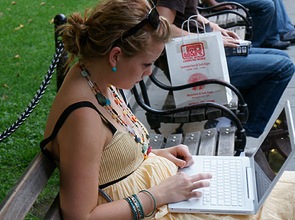Roman Entertainment and Leisure Time
Introduction
In ancient Rome though people went around working or doing business, entertainment was part of the day to day lives of the Romans. They spent time attending theater performances as well as taking part in sporting activities and playing board games among other recreational activities to unwind.
Discussion
The Romans liked to go to the Amphitheatre which was a place of public entertainment to see different types of shows. The shows included watching gladiator matches and wild beast contest in the arena. Wild animal matches often took place in the mornings followed by public execution at midday and finally gladiator matches to close the day. In smaller towns however, the Amphitheatre could be the only form of entertainment.
Another leisure activity known to many during the Roman Empire were baths. People from all walks of life would travel to attend the public communal baths. The two most common baths are Caracalla and Diocletian that comprised of steam and plunge baths that everyone took part in.
They also engaged in board games like gambling, counter and playing dice. Gaming was popular among all social classes and games were played by children as well as adults. Children’s games included hide and seek and toys that they used during the games.
Dinning was a private leisure activity for the upper social class. It involved dinner parties with close family members and friends accompanied with music, singing and dance by professionals. During Roman dinners, men and women dined together and they would choose from a thermopolium that sold warm wines and fast foods. Other forms of entertainment were also available such as going to brothels where customers were offered services the cell like rooms painted with images of the kinds of services offered.
In ancient Rome classical dramas that had been influenced by Greek theater were very popular and actors for comedies and tragedies adorned wigs or masks for shows. Greek orchestra was displayed on stage as choruses and actors’ performances.
Conclusion
Much of the entertainment industry in Rome traces back to historic times borrowing multifaceted components of ancient leisure trends. Modern day Roman cuisine, drink, film, read, art ,theater, Olympics and social life though having traces of Greek influence, and evolution over the ages is a boulevard of traditions and rich culture. The present day way of unwinding like spas and resorts are an evolvement from the modest beginnings of ancient Roman baths.


